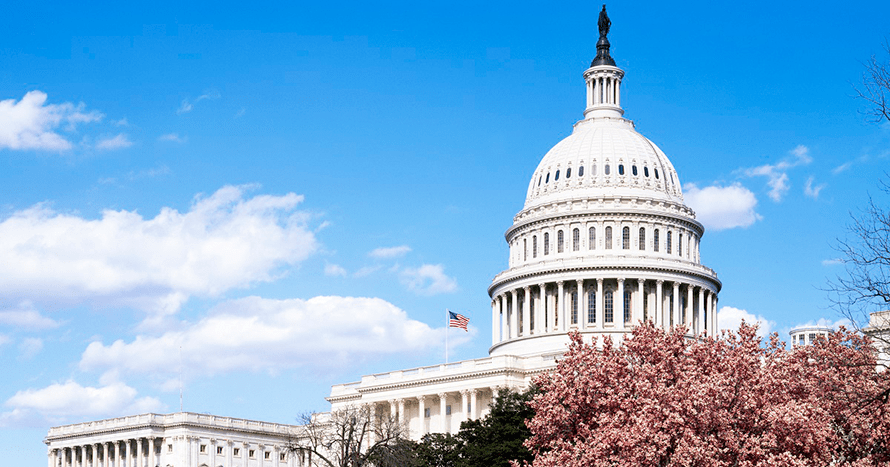
The 2018 United States midterm elections occurred on November 6th, offering an exciting day of notable outcomes. The midterms saw a record voter turnout, with 50.3 percent of eligible voters casting a ballot, making it the highest turnout in a midterm election since 1914.
The number of women in both the Senate and Congress increased, rising to the highest it has ever been, with 22 women in the Senate and 102 in Congress. The Democrats retook the House of Representatives, while Republicans maintained their control of the Senate. While the midterms were record-breaking in a number of ways, one aspect that is often overlooked is the number of scientists, on both sides of the aisle, that were elected to the Senate and Congress. These new members include former chemists, doctors, engineers, and biologists. Instead of running on a campaign that pushed legislative goals and policies, many of these candidates emphasized their scientific background.
Both Sides of the Aisle
Joe Cunningham, a newly elected Democratic congressman for South Carolina’s First District, stressed his background as an ocean engineer to outline his opposition to drilling and seismic testing, saying he knew “firsthand how destructive drilling for oil can be to a coastline and [he] is committed to protecting South Carolina’s coastline and economy from offshore drilling.” One of eleven newly elected representatives with a scientific background, Cunningham received bipartisan support from several South Carolina mayors and went on to win a Republican-held seat that had not been blue in over 40 years.
Three Republicans with scientific backgrounds were also elected in the midterms, including a doctor, aerospace engineer, and dermatologist. Kevin Hern, a Republican congressman from Oklahoma believed his scientific background gave him a leg up against his opponents, saying that his scientific degree gave him “an understanding of many of the issues that others might not have.”
More Action, More Science in Government
A spokesperson for 314 Action, a pro-science advocacy nonprofit that backed several candidates, highlighted a need for action, saying, “There is this growing consensus among the scientific community that [scientists] need to go beyond advocacy and signing polite letters and actually get involved in electoral politics.” In addition to Congress and Senate members, the group also publishes a lists of state level legislators it endorses, hoping to encourage local engagement in politics.
The scientific community in the United States often points to a lack of scientific perspectives in government for faulty policy changes and the detrimental effects these changes can bring. By having more scientists in Congress, both parties hope to change how many constituents view their representatives. One congressman summed this up by stating in an interview with the New York Times, “Now we’re getting people that have a deep knowledge of mathematics and physics and chemistry and biology, and that’s a really important perspective in an increasingly scientific world.” These new members hope to act as problem-solvers, offering expertise on nuanced issues that can have far-reaching implications.
Looking Abroad
In some countries, the push for the intersection of science and policy is much stronger. Both Canada and Australia hold annual “Science Meets Parliament” events where scientists spend several days interacting and sharing ideas with members of Parliament. Keynote speeches are given by both parliamentarians and professionals in science and technology, and several events are held which allow scientists to interact face-to-face with policymakers. The goal of the Australian Science Meets Parliament event is “to bring together decision makers and Australia’s leading STEM professionals, to promote the role of science, technology, engineering and mathematics – and the valuable part these sectors can play in politics.”
Overall, the influx of scientists is unlikely to “change the entire culture” on the Hill. However, the unique perspective that many new members of the government hold, one that values evidence-based decision-making and empirical data, has the potential to bring fresh change to an institution that is often referred to as “out of touch” with the general public on both sides of the aisle.
ADEC Innovations is a leading provider of ESG solutions, with expertise in delivering fully-integrated consulting, software, and data management services. Connect with us on Facebook, Twitter, and LinkedIn for the latest in sustainability around the world.




